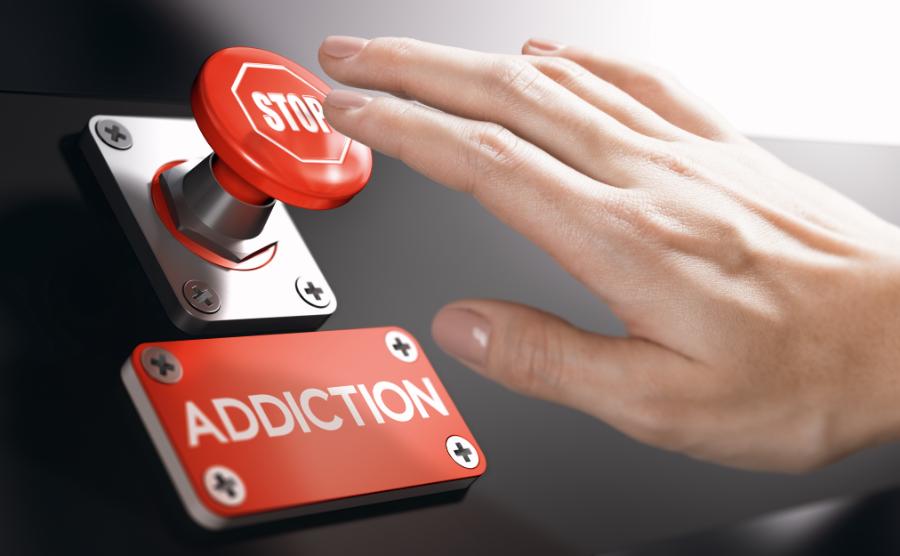Sex addiction, often referred to as compulsive sexual behavior or hypersexuality, is characterized by persistent and escalating patterns of sexual behavior acted out despite increasing negative consequences to one's health, mental state, relationships, and daily life.
Sex addiction may show itself through many different behaviors, including compulsive masturbation, multiple sexual partners, use of pornography, cybersex, and other risky sexual behaviors.
It often stems from an attempt to manage personal distress, cope with emotional pain, or fill a void of intimacy. This addiction, like others, can co-occur with mental health issues such as anxiety, depression, or substance use disorders.
Treatment for sex addiction at Telapsychiatry involves a combination of therapeutic approaches. Cognitive behavioral therapy (CBT) is often used to address the underlying thoughts and behaviors driving the addiction.
Psychodynamic therapy can also effectively explore the emotional and psychological roots of the behavior. Group therapy and support groups, such as Sex Addicts Anonymous (SAA), provide a supportive environment to share experiences and learn from others facing similar challenges.






